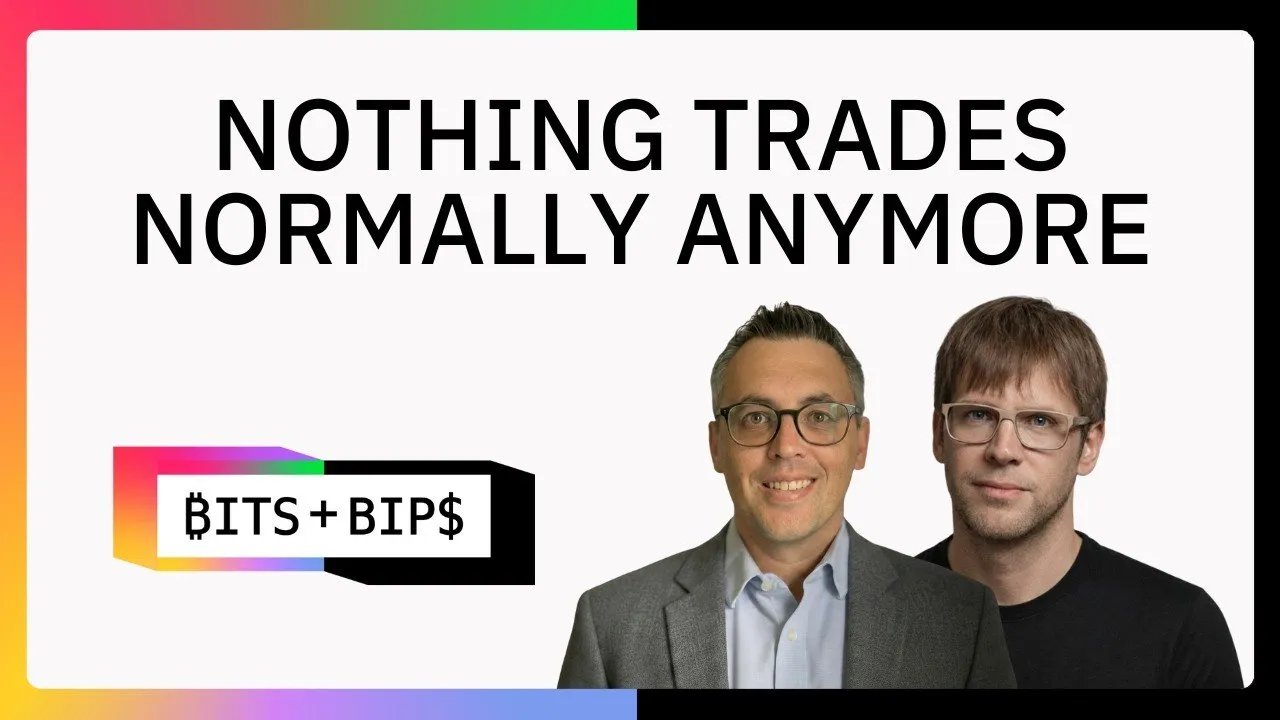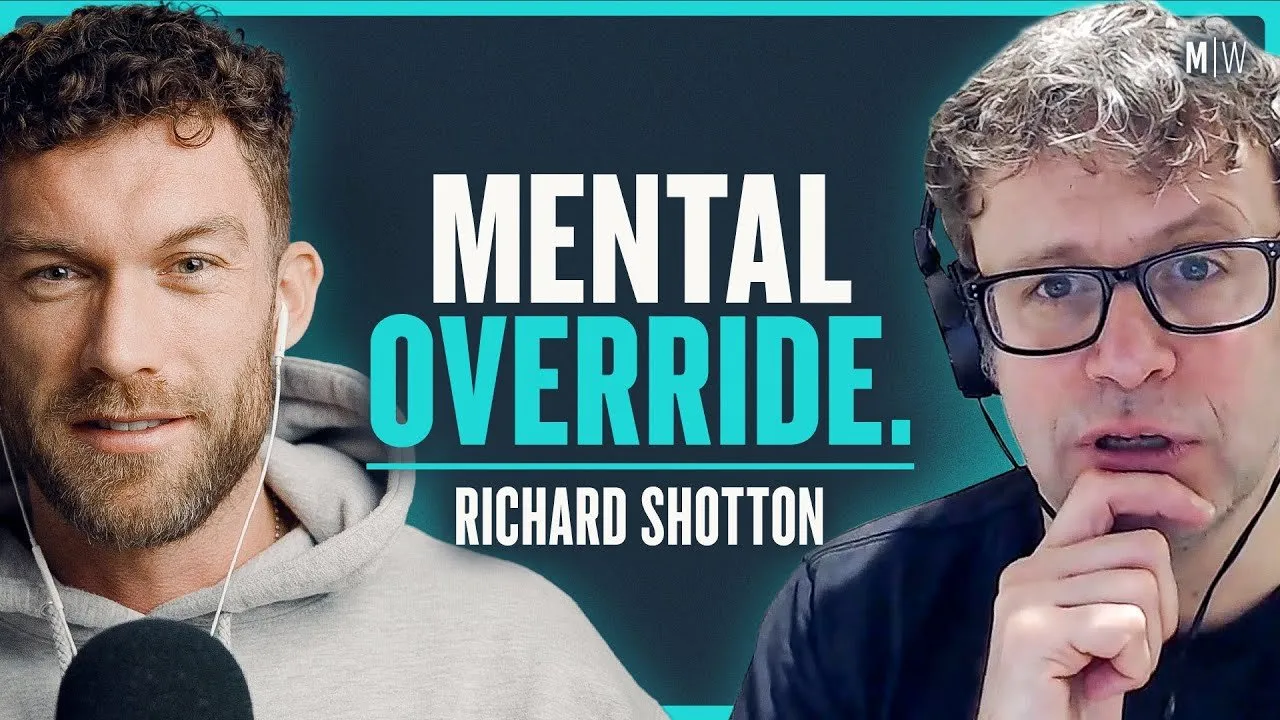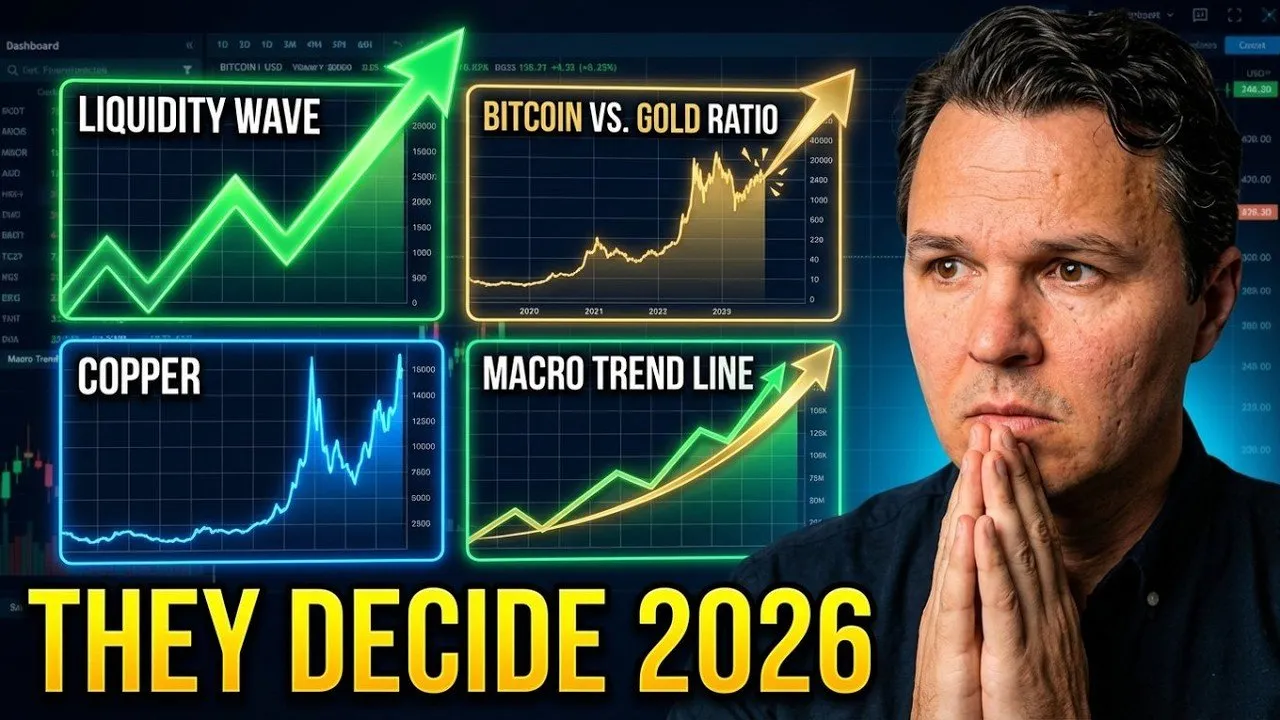Table of Contents
The serial entrepreneur behind X-Prize shares hard-won lessons from 27 startups and encounters with Bezos, Musk, and other tech titans about building the mental frameworks for exponential success.
Key Takeaways
- Purpose-driven mindset beats profit-driven motivation in every major entrepreneurial success story across three decades
- Exponential thinking requires starting with clean sheets rather than incremental improvements when aiming for 10x growth
- Abundance mindset recognizes technology's power to democratize access and eliminate traditional scarcity assumptions
- Longevity mindset fundamentally changes business planning when human lifespans could double within the next decade
- Storytelling becomes the critical entrepreneurial skill as vision-selling precedes product development in AI-era startups
- Co-founder selection matters more than business plans since teams spend more time together than with family members
- Educational institutions are failing to prepare anyone for the century's worth of change expected between 2025-2035
- Digital super intelligence will likely solve climate crisis and other global challenges as unintended beneficial consequences
- Quantum computing disappoints while quantum sensing shows revolutionary potential for navigation and physics discovery
Timeline
- 00:00–30:00 — X-Prize origin story: From Lindbergh's inspiration to $100 million Elon-funded carbon removal competition
- 30:00–60:00 — Four essential mindsets: Purpose-driven, exponential, abundance, and longevity thinking frameworks
- 60:00–90:00 — Tech leader profiles: Insights from decades of interactions with Bezos, Musk, Branson, and Page
- 90:00–120:00 — Future predictions: AI-driven scientific breakthroughs, longevity revolution, and space colonization timelines
- 120:00–END — Audience Q&A: Quantum computing reality, abundance distribution, and humanity's post-singularity trajectory
The Purpose-Driven Foundation: Why Passion Beats Profit Every Time
The conversation opened with a fundamental insight that has shaped every successful entrepreneur throughout history: mindset determines outcomes more than money, technology, or connections ever could.
- Peter Diamandis emphasized that if you stripped away everything from successful leaders like Martin Luther King, Gandhi, Elon Musk, or Steve Jobs except their mindset, they would likely regain their success
- The neural network of human brains gets shaped by what we consume intellectually, making mindset curation as important as physical health choices
- Finding your "massive transformative purpose" involves discovering what either inspires you tremendously or pisses you off enough to refuse letting it continue
- The platform mypurposefinder.ai uses large language models to help entrepreneurs articulate their fundamental driving forces through structured questioning
- In the modern social media age, entrepreneurs must have their transformative purpose "on the tip of their tongue" for capital raising and talent recruitment opportunities
- Mark Twain's wisdom applies perfectly: "There are two important days in your life - the day you were born and the day you found out why"
During the Singularity University founding class, Diamandis discovered only one-third of exceptional global students could articulate their life purpose. This shocking revelation led him to prioritize purpose discovery above all other educational objectives. The distinction between cognitive and emotional motivation becomes crucial - humans don't act solely on logical reasoning but require emotional drivers that can sustain them through inevitable entrepreneurial challenges.
Exponential Versus Linear: Rewriting the Rules of Scale
Traditional business thinking operates on 10% improvement models, but exponential entrepreneurs must develop entirely different mental frameworks for achieving 1,000% growth scenarios.
- Linear thinking asks how to improve existing solutions incrementally, while exponential thinking starts with clean sheets and fundamental reimagining
- Astro Teller's car analogy illustrates the difference: improving from 50 to 55 miles per gallon requires optimization, but reaching 500 miles per gallon demands complete reinvention
- Our brains evolved for linear survival calculations like "can the lion reach me before I reach the tree," making exponential comprehension unnatural but learnable
- Ray Kurzweil's prediction of seeing a century's worth of progress between 2025-2035 represents the exponential acceleration most institutions ignore
- Educational systems completely fail to prepare students for exponential change rates, with curriculum development cycles unable to match technological evolution speeds
- The shift from engineering improvements to physics breakthroughs will unlock centuries of progress in compressed timeframes through AI-driven discovery
When comparing 1925 technology (30% electricity/telephone penetration, Ford Model T as pinnacle achievement) to today's capabilities, the scale of potential change becomes clearer. Educational institutions from elementary through MIT fail to prepare students for this acceleration, creating dangerous gaps between technological capability and human adaptation readiness.
The Abundance Paradigm: Scarcity Is a Choice, Not Reality
Abundance mindset represents more than optimistic thinking - it requires understanding how exponential technologies systematically eliminate scarcity through democratization and demonetization.
- Any resource currently perceived as scarce has technological pathways to abundance through materials science, energy systems, or production methodologies
- The aluminum story illustrates perfectly: once more valuable than gold, now comprising 7% of Earth's crust through improved smelting techniques
- Smartphone democratization provides the template - any child with internet access has identical Google capabilities to billionaires' children
- Future abundance includes diagnostic AI that gives smartphone users better medical analysis than the world's most expensive physicians
- Vertical farming and synthetic biology eliminate agricultural constraints by moving food production to population centers rather than relying on traditional farming locations
- Humanoid robots priced at $20,000-30,000 with $300 monthly operating costs create 40-cent hourly digital super intelligence for everyone
The key insight involves bypassing human tribalism and distribution problems through technological abundance rather than fighting scarcity-based economic models. When smartphone-level democratization extends to healthcare, education, and physical production through robotics and nanotechnology, traditional distribution inequities become irrelevant.
Longevity Mindset: Planning for Doubled Human Lifespans
The potential for dramatically extended human lifespans within the next decade fundamentally changes how entrepreneurs should think about career planning, risk tolerance, and long-term vision development.
- Dario Amodei from Anthropic publicly stated at Davos that he expects human lifespan doubling within 5-10 years through AI-driven breakthroughs
- David Sinclair's Harvard research on epigenetic reprogramming shows "shocking" results that cannot be disclosed but indicate major longevity advances
- Sir Demis Hassabis predicts AI will cure all diseases within a decade through computational biology and drug discovery acceleration
- Humans never evolved to live past age 30 during our 230,000-year existence, making current longevity science completely unprecedented
- Personal biological modeling will enable precision medicine where individual cellular responses to treatments get simulated before administration
- The primary goal becomes avoiding "dying from something stupid" before these breakthroughs become widely available
SpaceX's success with Dragon capsule illustrates the modeling approach - perfect first flights result from running simulations thousands of times rather than luck or genius alone. Applied to human biology, this same computational modeling will optimize individual health interventions based on personal genetic and cellular characteristics.
Storytelling as the New Core Skill: Vision Precedes Product
Modern entrepreneurship increasingly requires selling future visions before products exist, making compelling storytelling ability more critical than traditional business skills.
- Sam Altman represents the new entrepreneurial model where massive infrastructure investments require vision-selling years before construction begins
- Nuclear-powered data centers and large language model training need trillion-dollar commitments based on compelling future narratives rather than current demonstrations
- The shift from "build then sell" to "envision then construct" characterizes AI-era entrepreneurship across multiple industries
- Entrepreneurs must develop the ability to paint visions with such clarity and audacity that investors and talent "lean in and believe"
- Personal belief in mission and self becomes non-negotiable since authentic conviction cannot be faked during extended development cycles
- Social media visibility makes storytelling ability essential for capital raising, talent recruitment, and market penetration in attention-deficit economies
Traditional tech development followed the pattern of building minimally viable products before scaling. Modern exponential technologies often require massive upfront investments in infrastructure or research that only compelling vision communication can secure.
Learning from Tech's Titans: Patterns Across Decades of Innovation
Diamandis's relationships with tech's biggest names over 30+ years reveal consistent patterns about what drives exceptional entrepreneurial success and failure.
- Jeff Bezos demonstrated "organizational genius" by systematically building Amazon's culture and processes, later executing his space vision exactly as planned decades earlier
- Elon Musk redefined CEO expectations by becoming a personal brand that penetrates noise in attention-deficit markets while managing multiple revolutionary companies simultaneously
- Richard Branson's frustrating pattern of rejecting the X-Prize funding twice then spending $500 million on Virgin Galactic shows how missing early opportunities costs exponentially more later
- Larry Page and Sergey Brin's $140 billion net worth without proportional philanthropic impact represents missed opportunities for global problem-solving at scale
- Tony Robbins exemplifies the relentless enthusiasm and authentic energy required for sustainable entrepreneurship across decades of work
- Co-founder selection matters more than business plans since founding teams spend more time together than with family members throughout company development
The most successful entrepreneurs consistently reinvent their companies rather than optimizing existing models. Apple's evolution from desktop computers to iPhone dominance, Tesla's pivot from car company to robotics company, and SpaceX's willingness to shut down successful Falcon 1 for Falcon 9 development illustrate this pattern.
Common Questions
Q: What's the most important mindset for the next decade?
A: Purpose-driven thinking combined with exponential scaling capability, since incremental improvements won't survive the coming acceleration.
Q: How do entrepreneurs prepare for such rapid technological change?
A: Focus on understanding problems rather than solutions, since problems remain consistent while technological solutions evolve continuously.
Q: Will educational institutions adapt to exponential change?
A: Traditional universities appear structurally unable to match change speeds, making alternative credentials like Thiel Fellowship increasingly valuable.
Q: What role will AI play in entrepreneurship?
A: AI will democratize access to capabilities while making storytelling and vision communication even more critical for human entrepreneurs.
Q: How should entrepreneurs think about longevity when planning careers?
A: Assume dramatically extended lifespans and avoid short-term thinking that optimizes for 40-year careers rather than century-plus timelines.
The entrepreneurial landscape is transforming faster than most institutions can adapt. Success requires developing mental frameworks that embrace exponential thinking, abundant possibilities, and extended time horizons while maintaining deep purpose-driven motivation. The next decade will separate entrepreneurs who embrace these mindsets from those clinging to linear, scarcity-based thinking patterns.





![This New Bitget Platform Changes the Game [Literally Gold]](/content/images/size/w1304/format/webp/2026/02/bitget-launches-universal-exchange-gold-usdt.jpg)